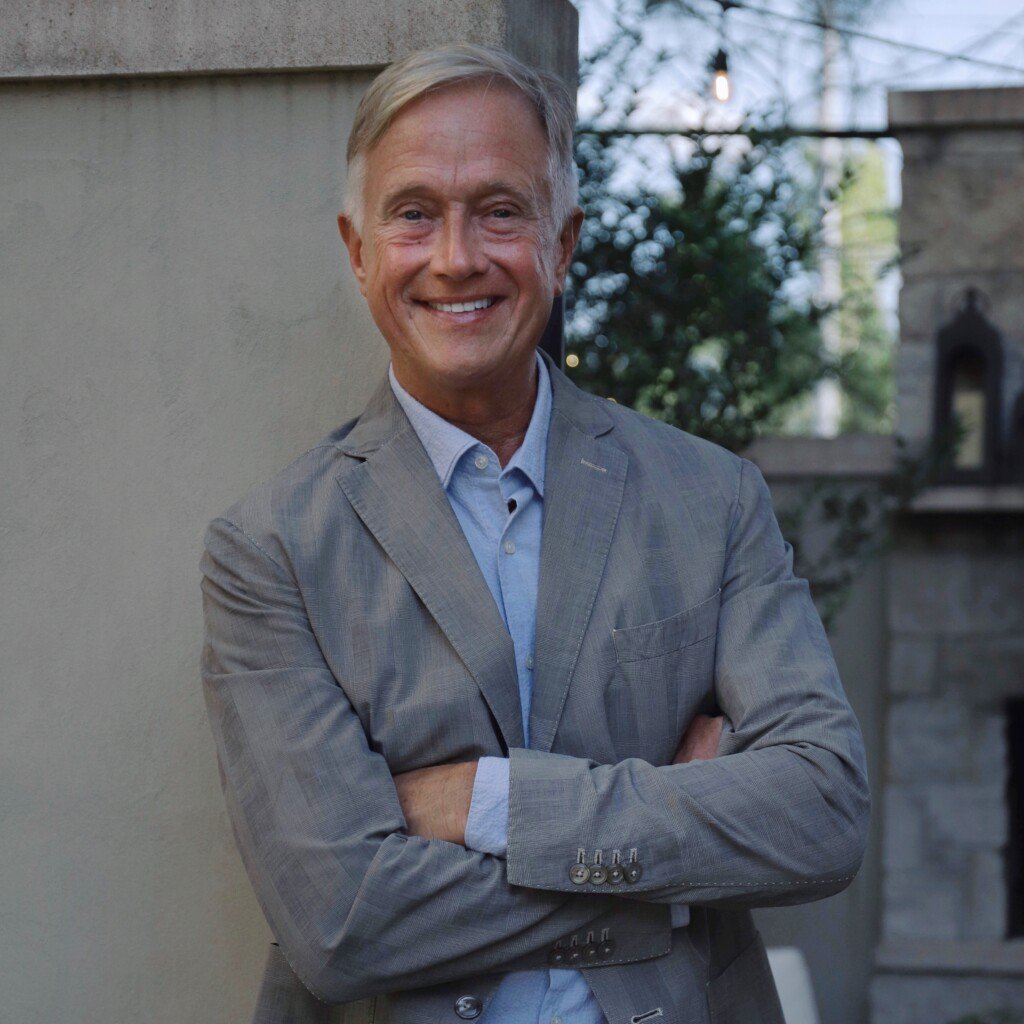Dr. Jaclyn Duvall – A Heart for Helping the Head

Dr. Jaclyn Duvall is a native Tulsan who knew from an early age that she wanted to help people. Growing up with a mother suffering from multiple sclerosis fueled her passion for pursuing a career that could make lives better. As you’ll learn, she pursued medicine, even securing a job offer from the prestigious Mayo Clinic – however, she turned it down to return to Tulsa. As a neurologist with a specialization in headaches, you’ll learn the difference between a headache and a migraine, as well as advice for parents who may suffer from headaches.
TK: Tell us a little about yourself:
Dr. Duvall: I was born and raised in Tulsa. It has always been my dream to come back here and open my own practice. While I was at Mayo in training, they offered me a position. As hard as it was to turn down, I know that my purpose in training at The Mayo Clinic was to be able to provide quality headache treatment to people in my hometown. I really feel that God has called me to this and am pursuing my purpose here.
TK: How did you become interested in pursuing a career in medicine?
Dr. Duvall: I have wanted to be a physician since I was about 5 years old. My mother has multiple sclerosis (MS), and I grew up administering her shots and going with her to doctor’s appointments. Even at an early age, being a physician really meant helping people like my mom.
TK: What specifically drew you to neurology and specializing in headaches?
Dr. Duvall: I fell in love with neurology during my second year of medical school in neuroanatomy. I really assumed that I would end up specializing in MS because of my mom. However, with time, I found a passion for headache, and that I could really change someone’s life with headache management – that has always been my dream in medicine.
TK: Can you share a little about your fellowship at the internationally renowned Mayo Clinic?
Dr. Duvall: When I found out I was accepted into fellowship at Mayo in Rochester, I was absolutely shocked. To have the chance to learn from the leading physicians in headache medicine was truly the opportunity of a lifetime. I am so grateful for my time at Mayo and the world-class education I received there.
TK: What type of specialized training and certifications go into this specialization?
Dr. Duvall: Unlike some other sub-specialties in neurology, like neuroimmunology or vascular neurology, there is no board certification for headache medicine. So, the closest and most prestigious certification for headache medicine is the UCNS (The United Council for Neurologic Subspecialities) examination for headache medicine. Individuals are able to take this test if they have completed a headache fellowship to recognize distinction in this field.
TK: Can you distinguish between a headache and a migraine. How common are migraines?
Dr. Duvall: “Headache” is really just an all-encompassing term for any pain involving the head. It’s not a true medical diagnosis. The two most common types of primary headaches are tension-type headache and migraine. The vast majority of headaches that bother someone are actually migraine; although individuals often think they are tension because they are commonly associated with stress, which is a major trigger for migraine, and accompanied by neck pain, which is the most common associated symptom of migraine.
Often, people think that it can only be a migraine if it’s tremendously severe, puts someone in bed and causes significant vomiting. And while that is a severe migraine, migraine is a disease spectrum, and you can even have mild head pain that meets criteria for a migraine. Often, a migraine is associated with some degree of nausea or light and sound sensitivity.
Migraine is the second most disabling disease in the world, and it affects about 40 million Americans (that’s more common than type 1 diabetes, epilepsy and asthma combined). We estimate that about 50% of people who have migraine are currently misdiagnosed.
TK: What’s your advice for parents who struggle with migraines and headaches?
Dr. Duvall: Seek treatment! As parents, we focus on everyone else, especially our kids, before ourselves. I see so many mothers who have delayed seeking help because they focus on their kids’ appointments first. I try to remind them it’s OK to take time for themselves. You can’t pour out until you fill up!
TK: You’re a board member of the National Headache Foundation. Have you seen some new advancements in treating headaches?
Dr. Duvall: There are so many! We now utilize Botox for chronic migraine, once-monthly migraine preventive injections, a new class of oral medications called the gepants and even nerve stimulator devices.
TK: Besides your profession as a physician, you are a mom and have a husband. Tell us a little about your family.
Dr. Duvall: While I feel so fortunate to have a job that I love, my most important job is as a mom and a wife. Tulsa is really special to us because of the community we have here, including the closeness of our extended family. I have two kiddos, Parker, age 8, and Kennedy, age 6. They are my biggest joy!
TK: What do you enjoy doing with your kids around Tulsa?
Dr. Duvall: Tulsa is really such a hidden gem of a city! It is so family friendly. We love being outdoors – especially in the parks around town and the Gathering Place. But we also enjoy Discovery Lab, the Tulsa Zoo and biking and running on Riverside.
TK: What else would you like to share?
Dr. Duvall: I’m so thankful for the support of the Tulsa community. Medical providers have been so welcoming and appreciative of our services. Our patients have been beyond wonderful, and I’m happy to be back in my hometown.
To learn more about Dr. Duvall, check out her website: hsoo.org
 Nancy A. Moore is a Public Relations Coordinator at Montreau, Adjunct Professor at Tulsa Community College, and has been writing for TulsaKids for almost 20 years.
Nancy A. Moore is a Public Relations Coordinator at Montreau, Adjunct Professor at Tulsa Community College, and has been writing for TulsaKids for almost 20 years.




